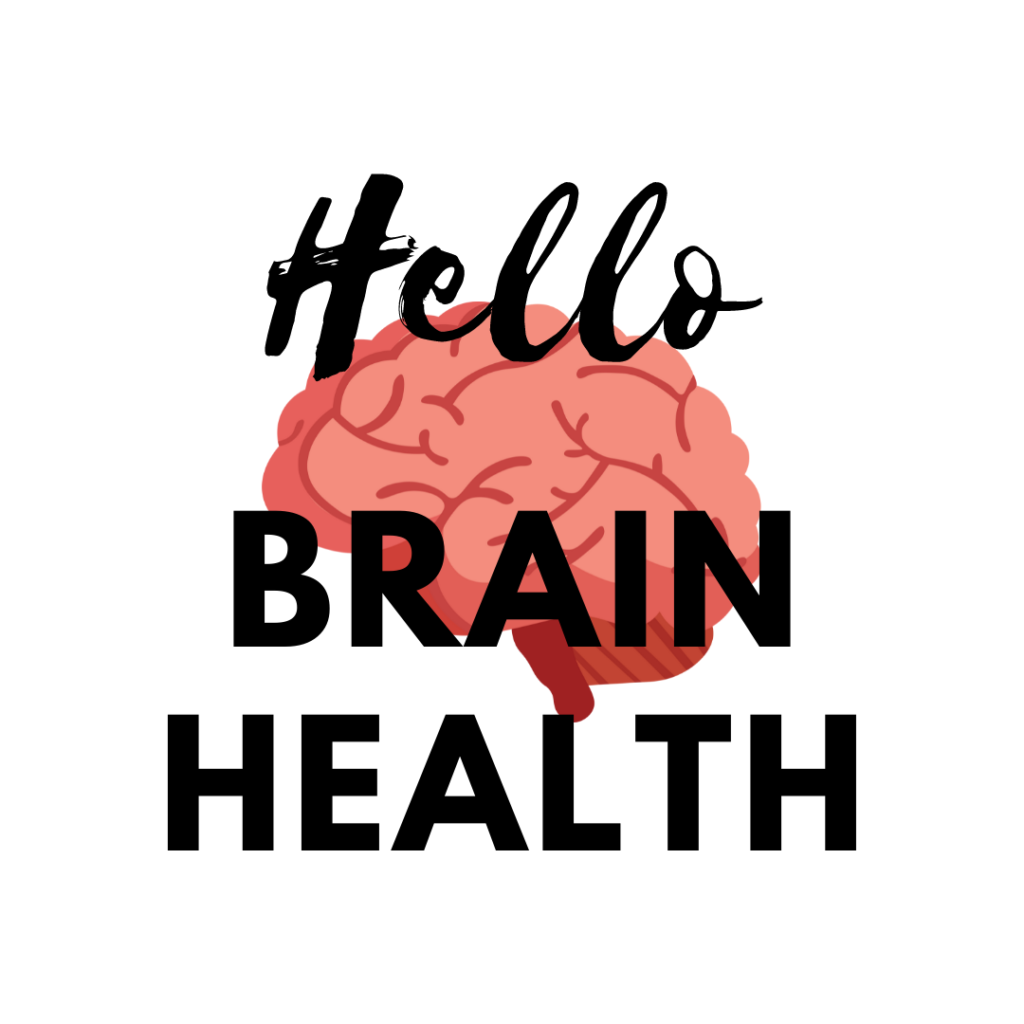
The Model Systems Knowledge and Translation Center (MSKTC) works closely with researchers in the 18 Spinal Cord Injury (SCI) Model System Centers to develop resources for people living with spinal cord injury and their supporters. They have several user-friendly resources that are grounded in research evidence and available in a variety of formats, such as printable PDF documents, videos, infocomics, courses, podcasts, and slideshows.
One topic of these resources is about adjusting to life after a spinal cord injury. Adjustment is how you adapt to or become used to those new situations. A few examples of exciting changes in life are starting a new job, getting married, and having children. Losing a job, getting divorced, and losing a loved one are examples of changes that can be challenging.
Having a spinal cord injury (SCI) is, without a doubt, a new and challenging situation. SCI affects almost every aspect of your life when it happens, and it can be hard to put your life back in order and adjust to living with SCI. This initial adjustment period may be hard, but most people adjust well in time. Then, they continue to adjust to ongoing changes in life similar to those that everyone experiences.
Expectations for life after SCI vary among individuals. These expectations may encompass finding happiness, avoiding stress, depression or anxiety, engaging in meaningful and enjoyable activities, or a combination of these factors. Despite the diverse range of expectations, many people adapt by establishing and achieving their own post-SCI life goals.
One's personality and adjustment approach to life changes typically remain consistent after an injury. Consequently, the adaptation to life after SCI is a personalized process, occurring at an individual's own pace. Initial weeks and months may bring about a sense of “difference” in one's body, but this feeling tends to diminish as individuals become more at ease with their self-image, master self-care practices, develop a deeper understanding of their bodies, and recognize that they remain the same person.

In the aftermath of an injury, there may be a reconsideration of personal values and priorities. This reevaluation may lead to a heightened focus on relationships with family and friends, diverting attention from pre-SCI perspectives on what is most important in life.
To learn more about this, visit www.msktc.org/sci to download this factsheet and other resources as well as any others you may be interested in.
If you would like more information on anything I spoke about here, leave me feedback either here – below this post, e-mail me (thewheellifeblog@gmail.com), or on any of my social media platforms! (IG/TW/TT @megs_hammond). If there is ANYTHING that you want to hear about – please let me know! I can’t do this without YOU, so I would love to connect!
Let’s keep those happy thoughts, productivity, and self-care going! Until next time, live honestly, passionately, and with kindness! Take care!
